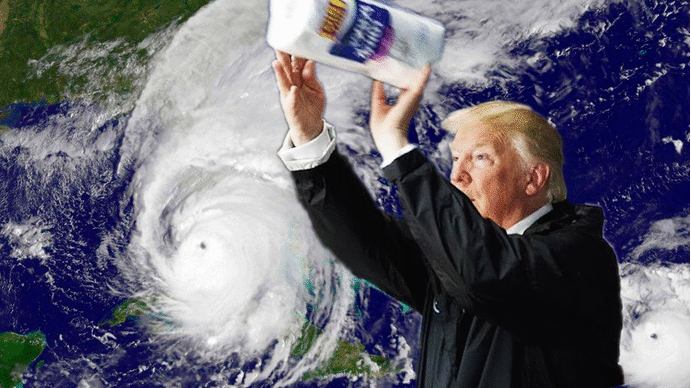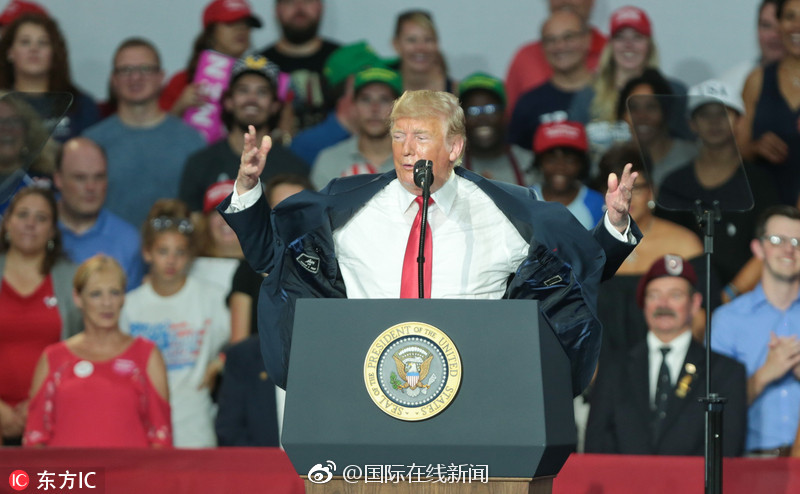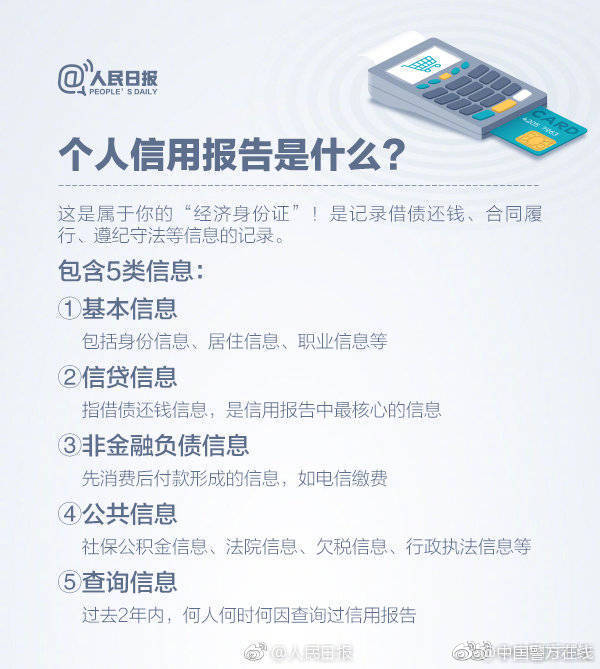Donald Trump stood before the media on Watch Educating Elainia (2006)Wednesday and, when asked about the leaked emails from the Democratic National Committee, encouraged Russia to do more.
"Russia, if you're listening, I hope you're able to find the 30,000 e-mails that are missing," he said. "I think you will probably be rewarded mightily by our press. Let's see if that happens."
This Tweet is currently unavailable. It might be loading or has been removed.
The cyberattack that broke into the Democratic National Committee and released emails to Wikileaks have been traced back to Russian hackers, leading to suspicion that it was the work of the Vladimir Putin-led governement that could see Trump as a more Russia-friendly leader than Hillary Clinton.
You May Also Like
Trump later had a tense exchange with NBC reporter Katy Tur about the comment, telling her to "be quiet."
This Tweet is currently unavailable. It might be loading or has been removed.
Trump's statements immediately drew criticism for appearing to encourage a foreign national to attack a U.S political party.
This Tweet is currently unavailable. It might be loading or has been removed.
This Tweet is currently unavailable. It might be loading or has been removed.
This Tweet is currently unavailable. It might be loading or has been removed.
Trump's ties to Russia and Vladimir Putin have been swirling since Talking Points Memopublished a breakdown of his business relationships with Russian oligarchs and dealings with people like campaign advisor Paul Manafort, who previously served as a communications advisor for a former pro-Russia prime minister of Ukraine.
Wikileaks and Russia have both denied the country's involvement in the leaks, but the security community both within the U.S. government and the private sector have found evidence to show that the country was behind the email theft.
After the press conference, Trump doubled down on the comments in a tweet, asking for them be released to the FBI instead of the media.
This Tweet is currently unavailable. It might be loading or has been removed.
Jake Sullivan, senior policy advisor for the Clinton campaign, issued a response.
"This has to be the first time that a major presidential candidate has actively encouraged a foreign power to conduct espionage against his political opponent," he said. "That's not hyperbole, those are just the facts. This has gone from being a matter of curiosity, and a matter of politics, to being a national security issue."





